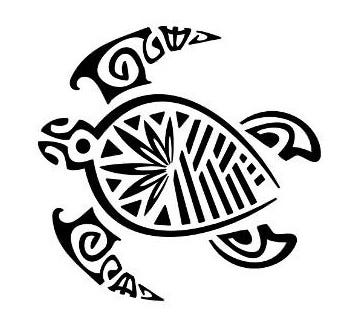Notes on Kinship with Strangers
Adoption and Interpretations of Kinship in American Culture, by Judith S. Modell (1994)
The state cannot make me a grasshopper, or this chair, a table; how then can it decree who is whose child? Modell explains, in the first chapter of this book, why American adoption procedures moved from the legislatures to the courts, but not why governments acquired power over kinship in the first place. True, the answer goes way back. The Romans practiced adoption, the internet tells me, mainly from an interest in inheritance. I also learned that modern adoption practices were an attempt to deal with large orphan populations. But this is not a review of the internet.
Modell is most interested in what it is like: to be adopted, to be a birthparent, and to be an adoptive parent. Her book draws on extensive interviews and features long quotations. The focus is less on who or what adoption is “for,” but the facts she reports suggest some answers. Maybe the practice was, at first, for the benefit of children who lacked parents, but the government’s power to determine kinship soon expanded, from creating kinship where non existed (orphaned children) to destroying kinship for a child’s benefit. Modell quotes a Pennsylvania judge writing in 1838 that
The right of parental control is a natural but not an inalienable one...where [the parents] are incompetent or corrupt, what is there to prevent the public from withdrawing their faculties?
“This decision,” Modell tells us, “recognized the state’s right to sever biological ties in the face of a parent’s opposition.”
My sister often wears a shirt reading abuse of power comes as no surprise. A man named Chapsky lost his rights to his child in 1881, and the justification given by the Kansas Supreme Court is chilling:
while there is no testimony showing that the father is what might be called an unfit person, that he life has not been a moral one...He seems to us like a man still and cold, and a warm-hearted child would shrink and wither under care of such a nature, rather than ripen and develop.
I hope we agree now that neither the way a man’s character “seems to” a judge, nor some merely-guessed-at bad effects his parenting may have, are grounds for taking away his child. Better evidence is needed, but how good can the evidence ever really be? In assigning a child to new parents, the things the state most needs to know are the ones it finds hardest to learn. Surely children should be placed with adoptive parents who will love them; “yet,” Modell asks, “how could subtle emotional attitudes, or parental love, be evaluated in people who had (usually) not had children?”
If the practice of adoption was originally organized around the welfare of the children, over time it shifted, until by the 1970s, “adoption had become a service for infertile couples.” The “system” had turned from finding parents for needy children, to finding children for would-be parents. Sometimes this “finding” amounted more to pushing children into that category who otherwise might not have been. One birth mother tells this story (note that this takes place before the adoption, when the baby was still in every legal sense her child):


